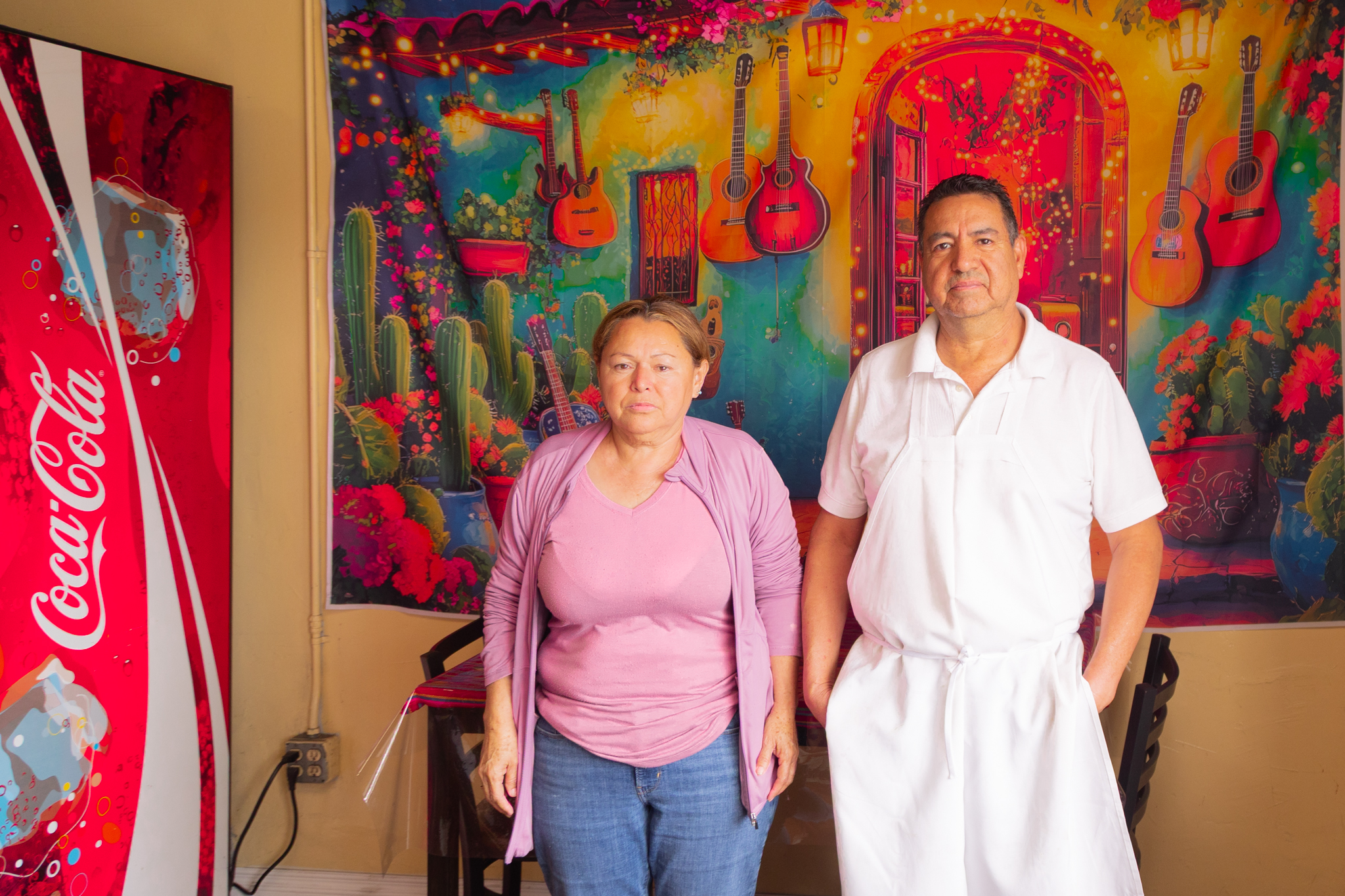by Garth Meyer
Redondo Beach Mayor Bill Brand, City Councilman Nils Nehrenheim and others may yet have to pay for their attorney fees from a 2018 trial after a California Appeals Court reversed its own earlier ruling.
The May 19 decision came after the attorney-fees question went to the state Supreme Court last year.
The justices sent it back to the Appeals Court to say whether or not the case was frivolous to start with.
“We hold the defendants and respondents are not entitled to an award of attorney fees,” the Court of Appeal, Second Appellate District, Division Eight, wrote last week.
Its statement cited the Political Reform Act of 1974 and the state Code of Civil Procedure.
“This matter is, one hopes, the final stage of a lawsuit about an electoral campaign in 2016 and 2017,” wrote the Court.
The suit, filed by Redondo Beach residents Chris Voisey, Arnette Travis and CenterCal affiliate Redondo Beach Waterfront, alleged improprieties by Brand, Nehrenheim, Brand’s former campaign treasurer, and a co-founder of Rescue Our Waterfront, a political action committee set up to stop the $400 million CenterCal King Harbor development plan.
“Although the plaintiffs lost at trial, they marshaled a foundation for their suit and, according to the (Political Reform Act), thus now avoid the bill for the other side’s lawyers,” wrote the Appeals Court.
“A second basis for a fee award—Code of Civil Procedure section 1021.5—is inapplicable because this suit neither enforced an important right affecting the public interest nor conferred a significant benefit on the general public.”
In February, the California state Supreme Court turned back the previous Appeals Court decision that granted attorney’s fees to Brand, Nehrenheim, etc., after their trial court victory.
The Supreme Court ruling followed testimony by attorneys Dec. 7 in San Francisco.
“Our clients are deciding whether to appeal (the Appeals Court) ruling back to the Supreme Court,” said Steve Colin Monday, attorney for Brand and Linda Moffatt, the mayor’s former campaign treasurer.
Options
The defendants have until the end of June to file for a (new) Supreme Court review.
If they do, and the Supreme Court decides not to consider it, the case is closed.
“It’s fabulous,” said Betty Shumener, attorney for Voisey, Travis and Redondo Beach Waterfront, about the May 19 ruling. “We won on every argument. This action was not frivolous. There’s a gazillion reasons why. The trial court judge made a mistake. All the appeals court did was rule the case was not frivolous. On the evidence presented and rulings made by the trial court, it is clear the action was not frivolous.”
Colin asserts that last week’s decision upended California Fair Political Practices Commission (FPPC) policy.
“The (Appeals Court) justice said that the FPPC aren’t the law and that the justice doesn’t have to follow it. That is a radical idea,” said Colin. “That is a new approach that has statewide significance.”
Colin noted that his clients could seek out the FPPC to submit a brief to the state Supreme Court on their behalf.
Original attorneys’ fees in the case were first awarded to Brand, Nehrenheim, Rescue Our Waterfront’s (ROW) Wayne Craig and Moffatt in 2019, when the bills totaled just under $900,000.
The sum was subject to 10 percent interest per year.
Question of merits
In their lawsuit, Voisey, Travis and Redondo Beach Waterfront contended that Brand and Nehrenheim misled voters about their involvement in ROW, in the leadup to 2017’s Measure C – which ultimately stopped the CenterCal project.
At the trial, it was revealed that CenterCal paid for the plaintiffs’ attorneys.
This February, as part of the explanation for the Supreme Court ruling to send the fees matter back to the Appeals Court, Chief Justice Patricia Guerrero cited principles outlined by the U.S. Supreme Court.
“… Indeed, a rule subjecting unsuccessful plaintiffs to substantial financial risk in Political Reform Act cases … would discourage all but a few from seeking to enforce laws vital to ensuring transparency in the political process,” she wrote. “The award of attorney’s fees under the Political Reform Act is ‘designed to ameliorate the burden on the individual citizen who seeks to remedy what is essentially a collective wrong.’”
Shumener told the State Supreme Court in December there was no element of self-gain for the plaintiffs.
They maintained that Brand and Nehrenheim coordinated with ROW co-founder Craig in a hidden manner for the PAC, and failed to submit the proper forms for disclosure.
Colin has acknowledged that the first document filed by Craig and Martin Holmes for ROW, the statement of organization, was in error. Boxes for “General Purpose Committee” and “Primarily-Formed Committee” were both checked, when only one should have been.
A General Purpose Committee, which ROW corrected its filing to be, means a PAC formed for an ongoing matter. “Primarily-focused” applies to a particular purpose, such as Measure C in this case.
Rescue Our Waterfront is a General Purpose Committee, Colin said.
Neither a General Purpose nor Primarily-Focused committee may be associated with a political figure.
Chief Justice Guerrero gave a further explanation in February’s overall state Supreme Court opinion.
“Consistent with the standard adopted in similar contexts, a prevailing defendant under the Political Reform Act ‘should not be awarded fees and costs, unless the court finds the action was objectively without foundation when brought, or the plaintiff continued to litigate after it clearly became so,” she wrote. ER








